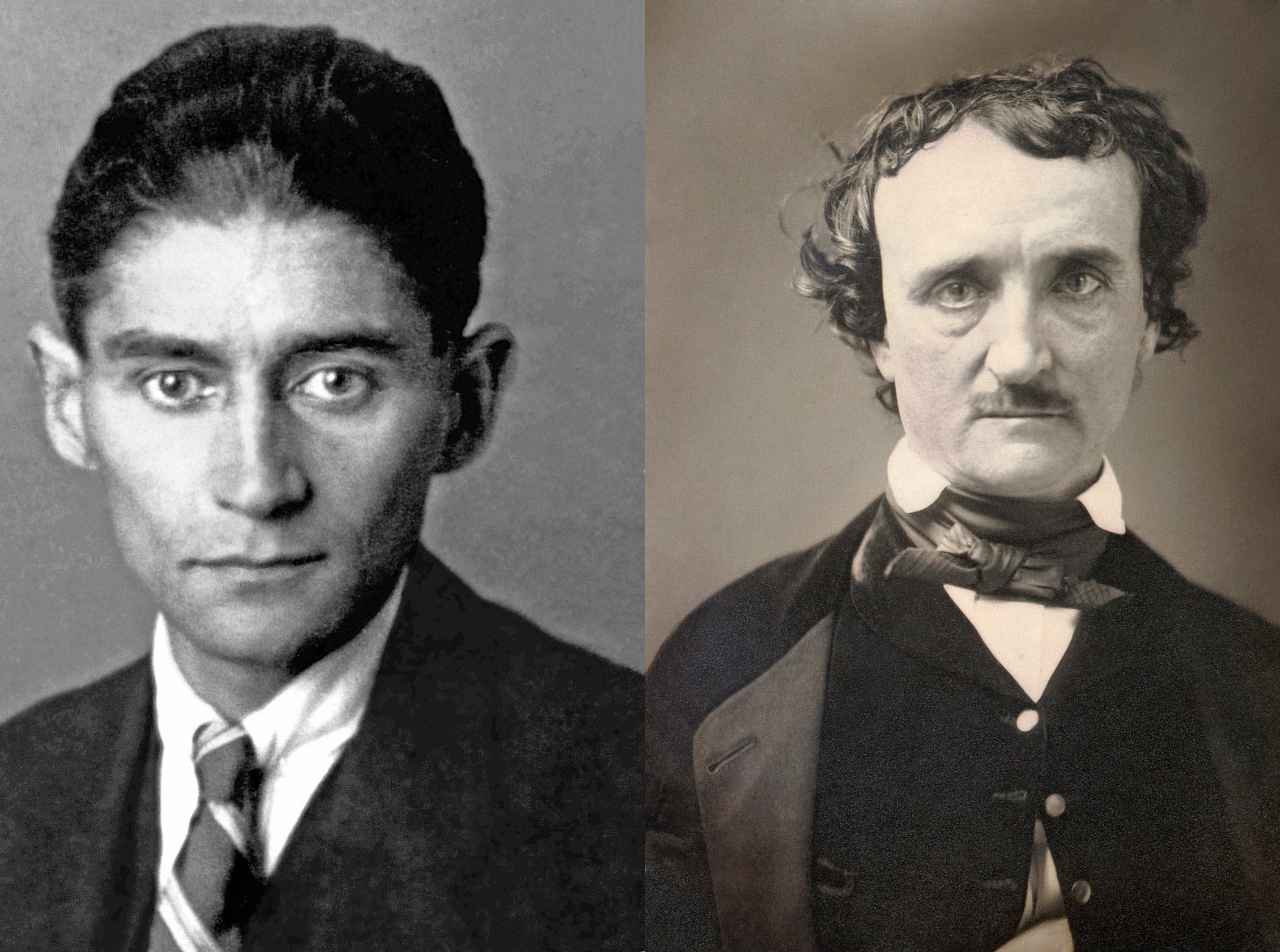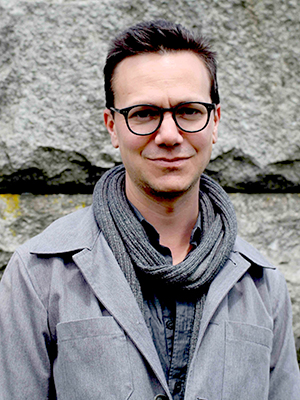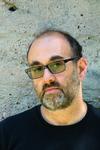HUMS 208, Poe and Kafka

Course Description:
Some mysteries seem unresolvable by science or religion. For instance, there is the mystery of how people remain hidden from themselves–of repressed impulses and buried truths that find expression in fantasies, dreams, and other strange visions. One word for this mystery is the unconscious. Some terms for its literature include the gothic and the grotesque. Our experimental course pursues this mystery by studying two writers working in different languages, in different centuries, in a variety of minor, unprestigious genres: Edgar Allan Poe and Franz Kafka. We use tales and other short texts by each writer to illuminate the other’s techniques for examining the psychological and political unconscious.
Led By:
 |
Professor Caleb SmithI teach American literature and other weird, beautiful things that people make out of the contradictions in American history—contradictions between liberty and slavery, democracy and domination, secularism and fanaticism, tolerance and exclusion. My courses include a lecture, “Love and Hate in the South,” as well as seminars on such special topics as confession, distraction, and the fiction of William Faulkner. I have also taught Readings in American Literature at MacDougall-Walker Correctional Institution through the Yale Prison Education Initiative, and in 2007 I worked with Caryl Philips to develop “The Literature of the Middle Passage,” a senior seminar traveling to Ghana. My main research topic is the culture of discipline in the United States: stories, images, and fantasies about how people exercise control over themselves and others. My first book, The Prison and the American Imagination (Yale UP, 2009), traced a genealogy of the penitentiary system from its origins in enlightenment reforms to the prison industrial complex. In a second book, The Oracle and the Curse (Harvard UP, 2013), I explored how judges and offenders make claims to justice by appearing to speak as the vessels of a higher law—a suppression of personal identity that, when it works, enlarges the speaker’s ethical and political authority. I authenticated and edited Austin Reed’s 1858 manuscript, The Life and the Adventures of a Haunted Convict (Random House, 2016), the first known prison memoir by an African American writer. My new project is about the history of distraction and the arts of attentiveness. An article adapted from this work in progress, “Disciplines of Attention in a Secular Age,” is forthcoming in Critical Inquiry. I have written about contemporary media and the arts for Paper Monument, Avidly, Yale Review, and other venues, and I co-edited No Crisis, a Los Angeles Review of Books special series on the state of criticism in the twenty-first century Books. |
 |
Paul North writes and teaches on literature and other media, inental philosophy, literary and critical theory. He is most interested in the afterlives of Kantian critical thought, deconstruction, literary theory, and poetry and poetics in a variety of languages and traditions. Authors he works on include Plato and Aristotle, Neo-Platonic systems, Nicholas of Cusa, the French 17th century, D. Hume, I. Kant, F. Hölderlin, F. Schelling, the Jena Romantics, British Romanticism, F. Nietzsche, and several clusters from the 19th to mid 20thcentury such as the cluster around phenomenology—Brentano, Husserl, Heidegger, Benjamin, Kafka, Levinas, Merleau-Ponty, Derrida—or that around the concept of time—Bergson, Proust, Heidegger, Einstein—or that around “other modes of experience”—Baudelaire, Freud, Benjamin, Huxley, Borges, Juan Rulfo, César Aira—or that around German-Jewish thought—Mendelssohn, Maimon, Varnhagen, Schlegel, Rosenzweig, Buber, Scholem. Theoretical style is an area of interest as well, and Prof. North is happy to work with students in a variety of genres and styles, to expand the parameters of what we call critique. |